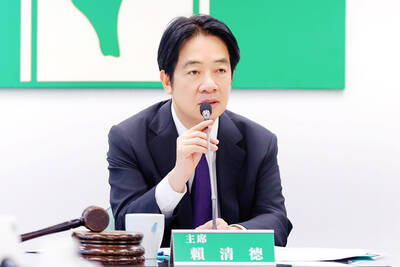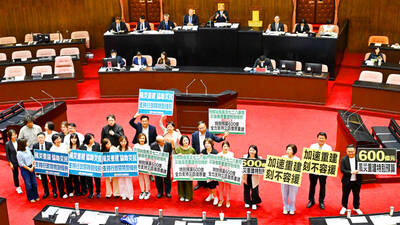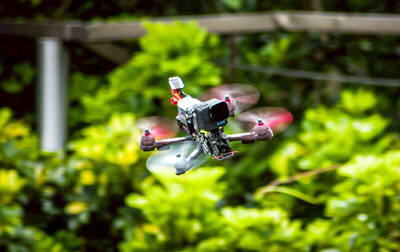Iceland’s central bank said on Saturday it would begin progressively lifting capital controls put in place a year ago after the global financial crisis toppled the country’s banking system.
The bank “has taken the first step in the sequenced removal of the capital controls by permitting inflows of foreign currency for new investments and potential outflows of foreign currency that may derive from such investments in the future,” said a statement.
“Investors are authorized, without restrictions, to convert into foreign currency the sales proceeds from assets in which they invest after Nov. 1, 2009,” it said. Capital controls were put in place on Nov. 28 last year to stabilize the economy in the wake of the financial crisis The central bank said in August that it had seen improvements in the country’s krona currency that would “probably” enable it to lift capital controls by November.
In June, Iceland cut its key interest rate from 13 percent to 12 percent, returning the rate to the level it was at before the global financial crisis crushed the country’s banking system.
The spectacular collapse prompted Iceland to take out a US$2.1 billion loan from the IMF.
Iceland’s previous prosperity had been heavily based on its robust banking sector and the country consequently suffered a major macroeconomic blow when its key lending institutions were laid low by the global finance meltdown.
In October last year, the government had to take control of the country’s three leading banks amid liquidity shortages. Their collapse outraged the general public, with many jobs lost and people losing some of their savings.

President William Lai (賴清德) yesterday criticized the nuclear energy referendum scheduled for Saturday next week, saying that holding the plebiscite before the government can conduct safety evaluations is a denial of the public’s right to make informed decisions. Lai, who is also the chairman of the Democratic Progressive Party (DPP), made the comments at the party’s Central Standing Committee meeting at its headquarters in Taipei. ‘NO’ “I will go to the ballot box on Saturday next week to cast a ‘no’ vote, as we all should do,” he said as he called on the public to reject the proposition to reactivate the decommissioned

US President Donald Trump on Friday said that Chinese President Xi Jinping (習近平) told him China would not invade Taiwan while Trump is in office. Trump made the remarks in an interview with Fox News, ahead of talks with Russian President Vladimir Putin over Moscow’s invasion of Ukraine. “I will tell you, you know, you have a very similar thing with President Xi of China and Taiwan, but I don’t believe there’s any way it’s going to happen as long as I’m here. We’ll see,” Trump said during an interview on Fox News’ Special Report. “He told me: ‘I will never do

The Legislative Yuan yesterday approved an aid and recovery package authorizing the government to allocate up to NT$60 billion (US$1.99 billion) for regions hit by Typhoon Danas and subsequent torrential rains last month. Proposed by the Executive Yuan on Aug. 7, the bill was passed swiftly after ruling and opposition lawmakers reached a consensus in inter-party talks on relief funding and assistance for disaster-stricken areas. The package increases the government’s spending cap from the originally proposed NT$56 billion to NT$60 billion, earmarked for repairing and rebuilding infrastructure, electricity systems, telecommunications and cable TV networks, cultural heritage sites and other public facilities.

FLEXIBLE FORCE: Only about 10 percent of small drones reach their target, an expert said, which is why it is important to make it easier to procure large numbers of drones The military is planning to recategorize military drones as “consumables/munitions,” rather than as aircraft, to speed up the procurement process, the army said yesterday. The Army Command Headquarters said the decision was made because drones, like munitions, need to be rapidly replaced, and thus should be categorized as consumables/munitions “to meet the army’s practical needs.” The headquarters’ confirmation came after the Chinese-language Liberty Times (the Taipei Times’ sister paper) early yesterday reported that the army was about to make the classification change based on the example of the US, which is Taiwan’s biggest arms provider. US Secretary of Defense Pete Hegseth announced a